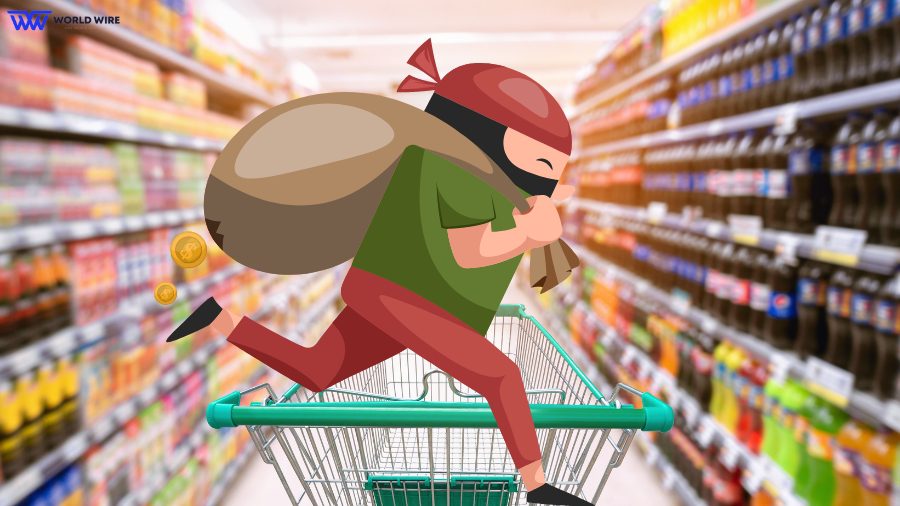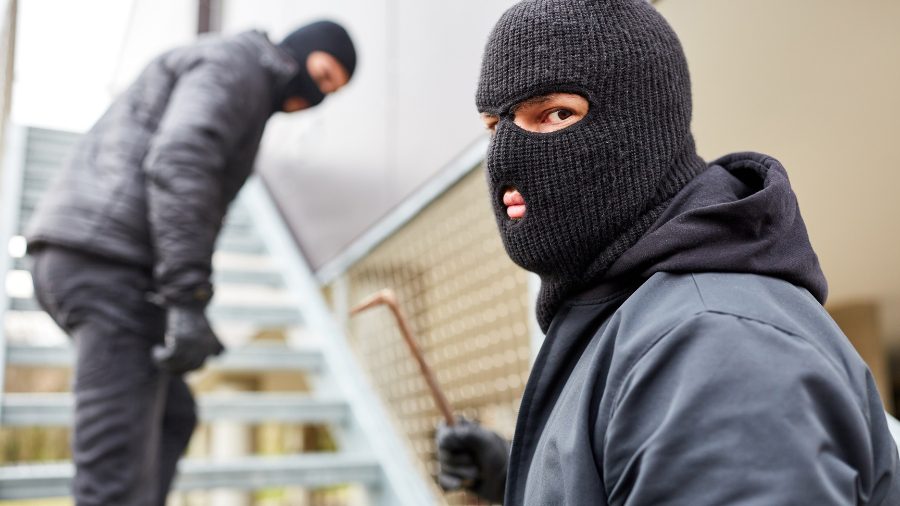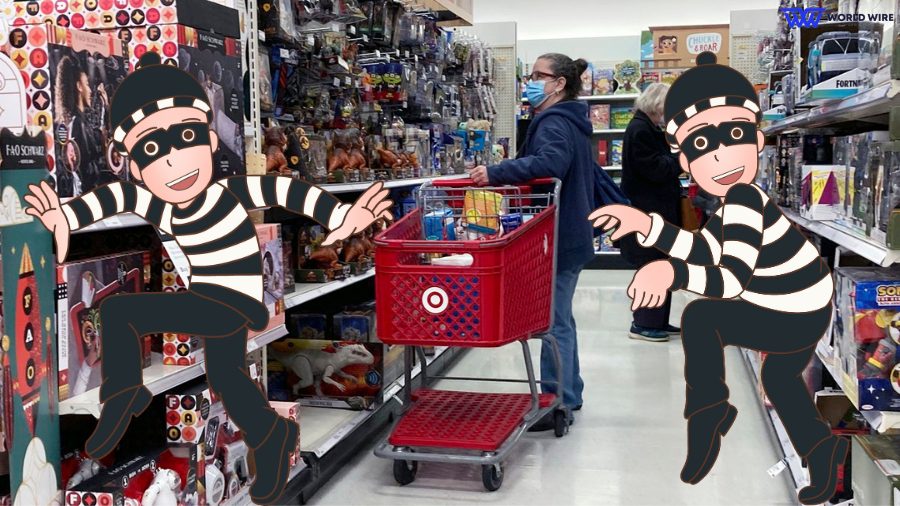Organized Retail Crime has surged recently, costing retail businesses billions yearly. How?
Let’s read and find out.
How organized shoplifting became a $10 million industry
Organized Retail Crime (ORC) or Professional Shoplifting has become a major cause of concern for United States law enforcement agencies. A group of professional thieves coordinate, plan, and steal large quantities of commodities, such as perfume, cosmetics, etc., to sell them and earn profit.
Brian J. Nadeau, the FBI’s Organized Retail Theft Program’s former manager, had said, “These aren’t shoplifters taking a pack of gum. These are professional thieves.” It has cost the retail industry billions of dollars yearly, with many industries reporting huge losses in their profit due to organized retail crimes.
In May, Brian, CEO of Target, said that the company’s profits had reduced by above $500 million compared to the previous year for many reasons, and organized shoplifting was the major reason behind the loss.
Jeremy Bowman, a contributing analyst at investment and consumer advice firm The Motley Fool, has said 2022 had even seen huge losses due to the shoplifting crime.
“Target is saying it’s $500 million worse than it was the year before, in 2022, and it seems like it was already bad in 2022,” said Bowman.
The senior director of loss prevention at ThinkLP has said that organized theft can steal around $10,000 products from a store in some cases without customers noticing. The FBI has estimated losses due to organized retail crime could reach $30 billion a year.
What causes organized retail crimes?

Many experts have analyzed the contributing factor for the increased volume of retail theft, causing the industries to lose billions annually.
One of the major causes the experts have noted is inflation, and the COVID-19 pandemic has affected the financial stability of a significant population.
Read Hayes, a criminologist at the University of Florida and director of the Loss Prevention Research Council, which includes retail markets such as Walmart, Target, etc., said, “A community might be struggling with heavy job losses, and people can’t easily find another job. Now they can’t afford basic necessities.”
Some experts have also indicated higher online margins for stolen goods encourage thieves to rob retail markets. The other probable reason behind the boost in crime is that many retail staff get physically involved with shoplifters and help them for a small profit share they receive from the thieves.
In May, a Lululemon store in Georgia reported footage of staff with a group of three thieves attempting to rob the store. The company later fired two of the store workers because of their association with the thieves.
Sheppard said the proportions of the sources of crime had changed over the last 10 years from “internal theft” of employees carrying items, which was the primary cause of loss of inventory, to “external theft” by an organized group of thieves.
Sheppard said, “External theft was a small chunk; it was always there, but it was a smaller piece of the pie. What has happened is that with the increase in organized retail crime, the sheer volume of product that an individual or group can take in any given day has just gone crazy.”
He continued, “But then you see on the news, you have all these groups that are come in, and they’re haphazard. They’re very unorganized. Many younger folks are just coming in, grabbing stuff, running out, and all that stuff. That’s certainly an impact, and no doubt about it, and those are the ones that potentially, unfortunately, can become violent, which is obviously the biggest concern. But they’re a sliver of that pie.”
Effects of organized shoplifting on consumers, retailers, and the economy

Experts have cited many negative impacts of retail crimes. First, it can lead to a shortage of products for the consumers as the robbed store may find it difficult to maintain the commodities.
It can raise the price of certain products as retailers often increase prices to overcome the losses when robbed. Besides, retail crimes raise the fear of security in consumers.
As a result, they may feel unsafe to shop at such stores, which will affect the retail business and the economy.
The way forward: To address the increasing organized bulk theft, there is a need to close the market to stolen goods. If the thieves do not get a good return for the stolen products, they will ultimately stop the crime.
Additionally, law enforcement officials should facilitate the arrest and prosecution of offenders to address the crime.







Add Comment